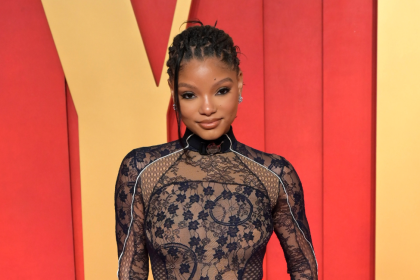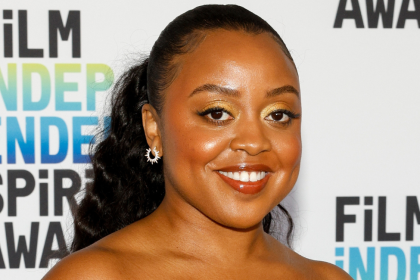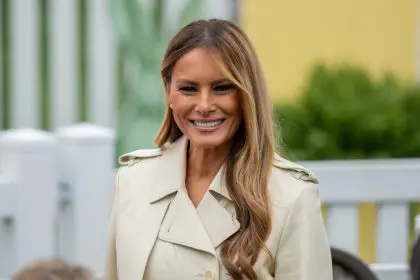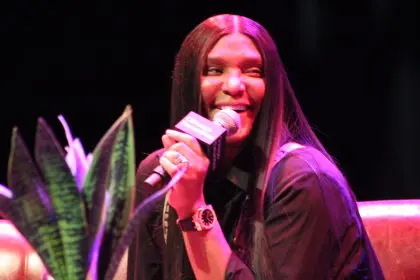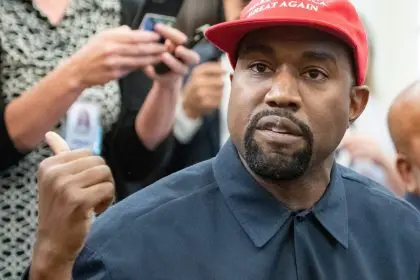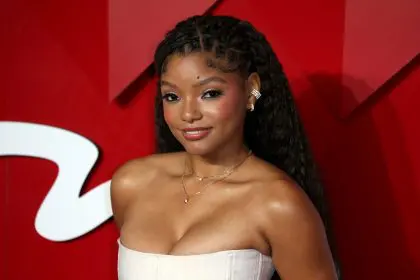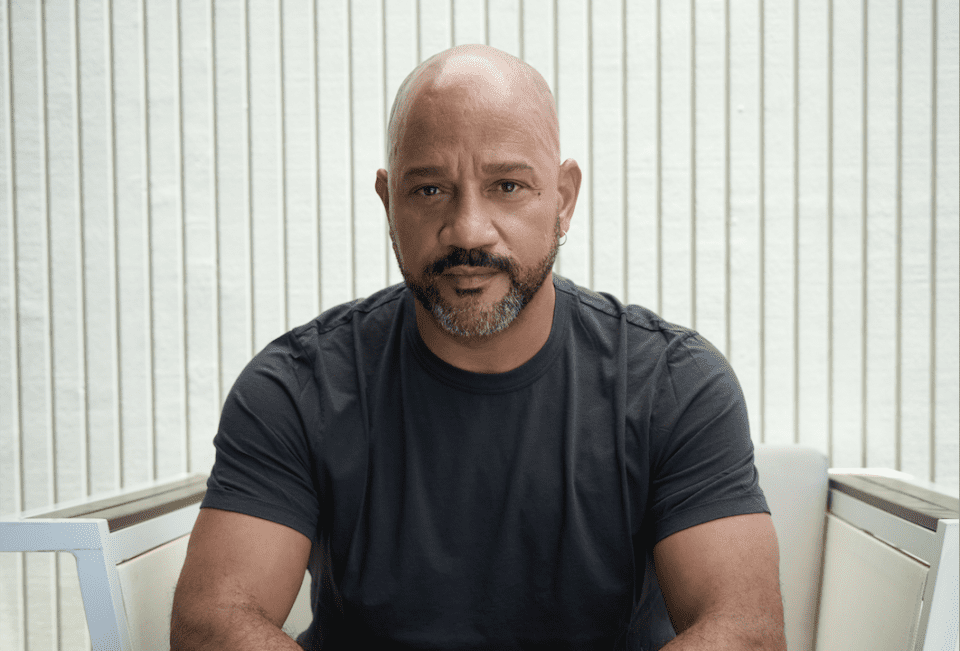
“The Defiant Ones,” a docu-series about the billion-dollar partnership between Dr. Dre and Jimmy Iovine, returns for an additional run.
In honor of the ongoing 50 years of hip-hop celebrations, the four-part saga directed by Allen Hughes (Menace II Society, Dead Presidents, Book of Eli) is streaming now on Hulu. The critically acclaimed project marked his first opportunity to bring a vision to life without his brother and collaborative partner Albert by his side.
Rolling out discussed the visionary series with Hughes, whose work inspired FX’s critically acclaimed “Dear Mama.”
When did you feel the spark that made you fall in love with music?
I was just thinking this two days ago. … Which came first the chicken or the egg when it came to my love of music and film? I’m one of those guys that can hear a record and I’ll know what year it was recorded because of the sense of the drums. It probably started with music. I’ve always been a wannabe musician. I wanted to play electric guitar and be Prince. And then I became a wannabe DJ. If you watch “The Defiant Ones,” more than “Dear Mama,” you can see the wannabe DJ.
But early in my career, when I had my partnership with my brother, I was always the music guy. I created the soundtrack and worked on the music in the film. Albert had ideas, but my area was the music.
“The Defiant Ones,” focuses on two iconic figures in music, what challenges did you anticipate in the storytelling?
The challenge was to make sure that the artistry of the film matched the artistry of the actual records and artists, and those great writers and poets. Which almost killed me, quite frankly, it was difficult. It was really difficult. I think I went [and] checked [into treatment] after that. The summer of 2017, I checked into a treatment center for mental and physical [help]. I didn’t see family or friends for 30 days, that’s how challenging that experience was.
While working on “The Defiant Ones,” did you learn anything new about yourself?
I learned everything new about myself because it was one of my first big projects without my brother. So I got to my sense of humor, I got to my sense of absurdity. I got to my sense of music, drama and storytelling.
I think my greatest strength is just natural, unvarnished storytelling. So I guess it got me closer to that storyteller because I’m not educated. I’m not trained in storytelling or writing in that way, but I’m wired that way. There were so many great stories in there, but in another person’s hands, they may not have found that story great or funny or absurd or dark or, you know, twisted, and in my hands, I was learning.

